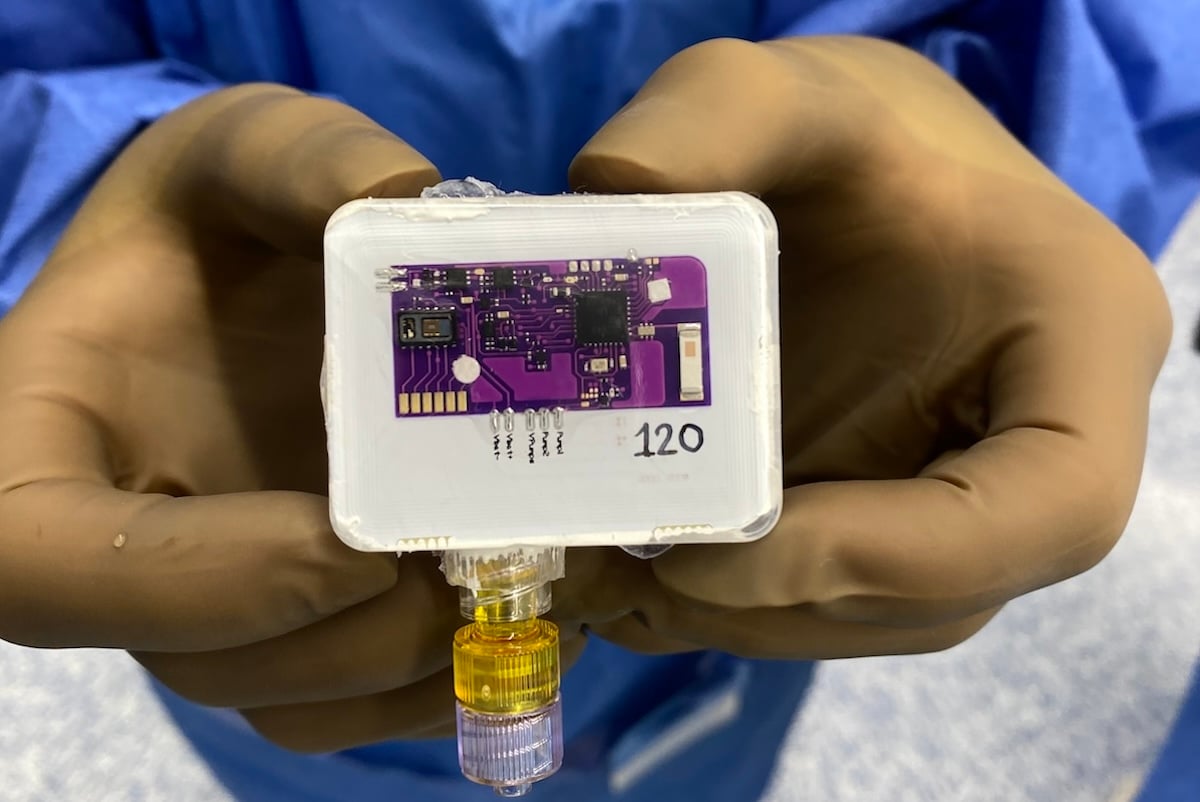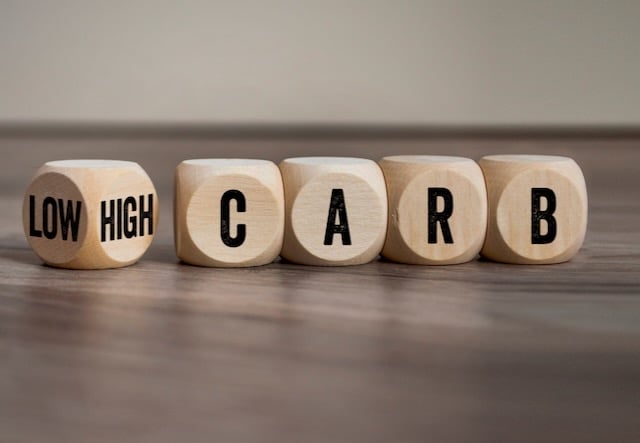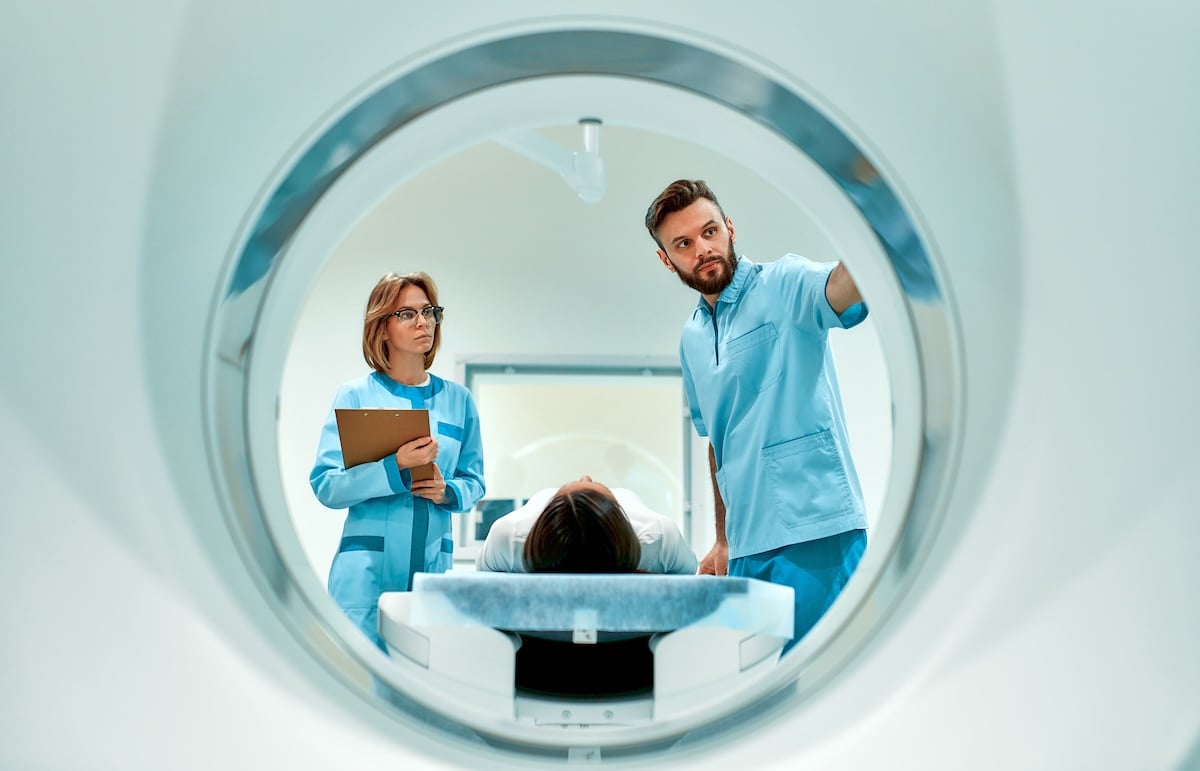
A “case of the Mondays” is more perilous than just the return-to-work blues, a new study warns. Suicide risk is highest on Monday in the United States and around the world, an international team of researchers has discovered. “Mondays and New Year’s Day were both associated with increased suicide risk in most countries,” concluded the… read on > read on >

















.jpg)












